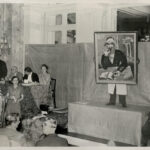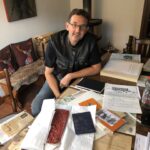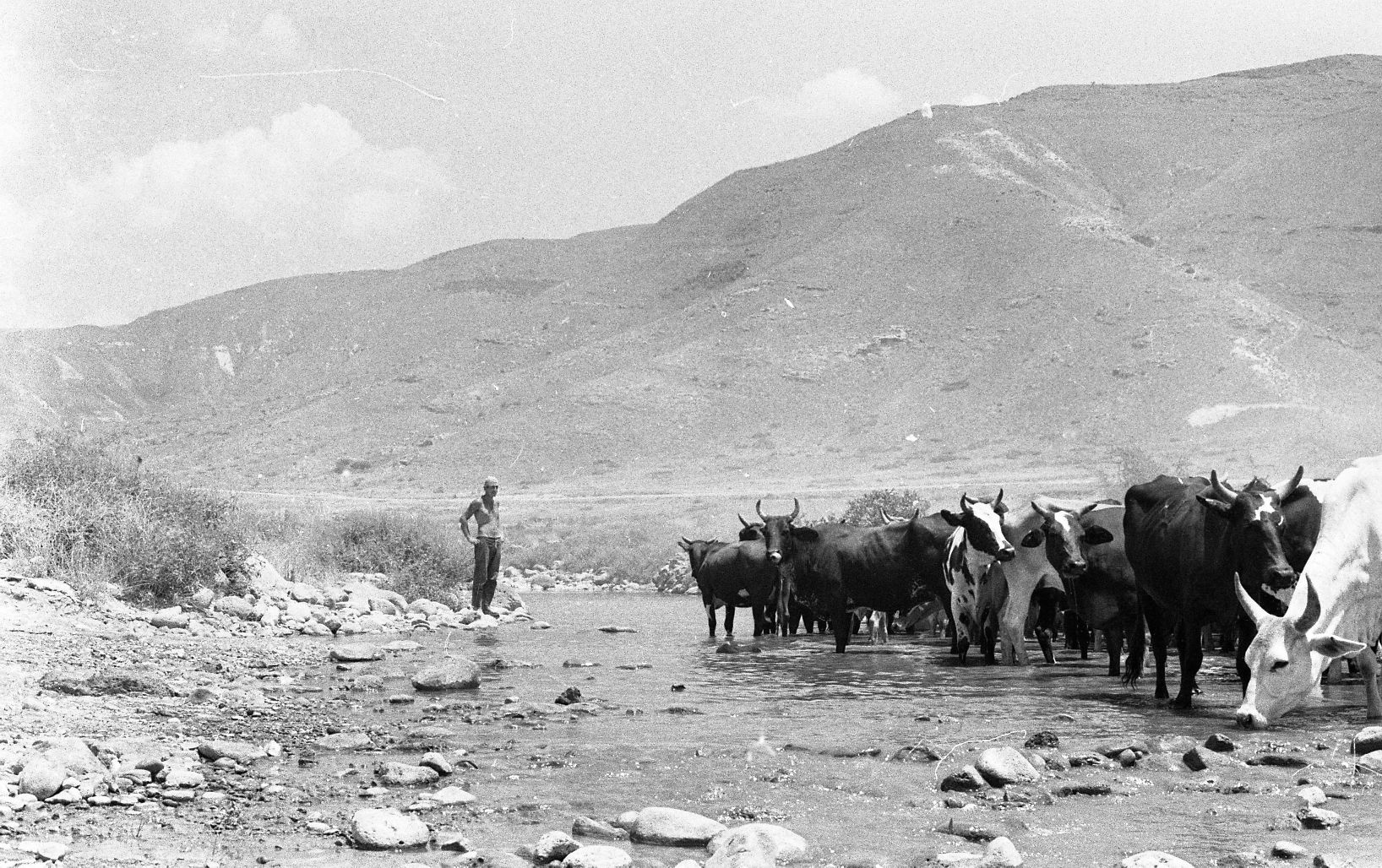«Israel is a hub for lab-grown meat.»
Five questions to Efrat Gilad
In the past decade, Israel has become a major developer of alternative meat sources, from vegan and vegetarian products to lab-grown meat. The historian Efrat Gilad (Bern University), an expert in Jewish foodways, is currently writing a history of meat consumption in Israel and Mandate Palestine. She will present her research on 13 December 2022 at Bern University, open to the public. Naomi Lubrich asked her about Israeli eating habits, animal ethics and the future of meat in the 21st century.
Naomi Lubrich: Efrat, you’re an expert on meat consumption. Do you eat meat?
Efrat Gilad: I try not to. I do still eat meat sometimes, but I’ve reduced my consumption considerably. I tried to go vegan, but kept failing, which made me very frustrated. So, I came up with a kind of system. I go about it animal by animal now. I’m not drawn to pork, so avoiding that one is easy. I also rarely eat fish and an array of other animals. Cow was another story. Beef was a festive and comforting food growing up, so I have to make a very conscious effort there. What helps is that the more I learn about animals, the less I want to eat them. (She laughs). But dairy and eggs are especially hard to give up.
NL: Meat alternative products are booming in Israel. Why?
EG: They are! Israel is currently a hub for lab-grown meats. There are several reasons why: First, Israel is a good environment for start-ups, and many alternative meat companies are young or developing. Second, Israel is a center for medical cell engineering, which is the biotechnology used for lab-grown meat. And third, Israel consumes and imports great amounts of meat – much more than it produces, – so new sources of meat are interesting economically. There are also some deep cultural reasons, in my opinion, for Israel’s turn to lab-grown meat – and that’s what my public talk will be about.
NL: I’m surprised! Since when has meat been such a large part of the Israeli diet?
EG: It’s a recent development, from the 1990s onwards. Palestine was never a major meat producer, whether under the Ottoman or the British empires. This didn’t change much with the creation of the state of Israel – actually, the period until the early 1950s was referred to as the austerity period and mostly remembered for its scarcity of meat. The economic boom of the 1990s and the opening of the Israeli market to meat imports changed eating habits in Israel. Today, it’s a huge consumer of meat, per capita the fourth biggest among OECD countries. And it is the number one consumer of poultry.
NL: Where does Israel get its meat from?
EG: Most cattle slaughtered for meat in Israel are essentially a by-product of the country’s prosperous dairy industry. But the most important source is import. Young cattle from Australia, Portugal and other producing countries are shipped to Israel, where they are «fattened,» as the industry calls it, and then slaughtered. Israel also imports a lot of frozen, packaged meat.
NL: Where does alternative meat place within the kosher landscape?
EG: The verdict is still out, but some rabbis have come up with very surprising answers. Some, for example, are suggesting that lab-grown meat could be kosher, even if derived from a non-kosher animal! They cite the Jewish principle of a «new face» (panim chadashot) which refers to a material that has been manipulated so dramatically that it no longer retains its former identity. These rabbis argue that lab-grown meat could be considered an entirely new «thing» so lab-grown meat would be a food category of its own. This would render it not only kosher but also parve, i.e., categorically not meat. This seems like quite a radical interpretation, but the discussion itself is fascinating. It makes us reconsider our ideas about what is and is not meat.
NL: That would be an interesting turn of events! Thank you, Efrat, for your insights.
verfasst am 28.11.2022
https://www.judaistik.unibe.ch/unibe/portal/fak_theologie/dep_evth/ifj/content/e40332/e40333/e1016353/pane1278475/e1278476/Flyer_Efrat_ger.pdf

Eva Reifert on the exhibition «Castaway Modernism»

Sascha Schönhaus about his father Cioma Schönhaus

